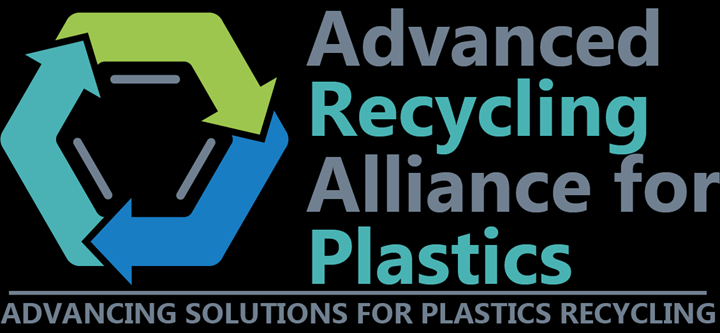Arizona is 12th State to Support Advanced Plastics Recycling
Arizona has enacted legislation that will enable greater adoption of advanced recycling.
The American Chemistry Council (ACC) recently announced that Arizona has become the 12th state to enact legislation that will enable greater adoption of advanced recycling technologies to combat plastic waste.
Said Joshua Baca, ACC’s v.p. of plastics, “The American Chemistry Council is pleased to see adoption of advanced recycling legislation. Recognition of advanced recycling’s benefits is gaining momentum at the state level: Arizona is the 12th state since 2017, and the third in less than a month to adopt similar legislation. It joins Florida, Wisconsin, Georgia, Iowa, Tennessee, Texas, Illinois, Ohio, Pennsylvania, Virginia, and Oklahoma in encouraging the growth of advanced recycling by helping ensure these technologies have a predictable and transparent regulatory framework for operation.”
Baca added that signing SB 1156 into law helps position Arizona as a leader in helping end plastic waste in our environment. “Advanced recycling allows us to recycle greater amounts of plastics using innovative technologies. Working in tandem with mechanical recycling, advanced recycling will help us be more effective in reducing plastic waste and creating a more circular economy.”
He also noted that the law will help Arizona attract new recycling businesses and support job creation. For example, converting just 25% of the recoverable plastics in the state into new products using advanced recycling could generate nearly $164 million in estimated economic output annually. Additionally, this law will help create new local demand for recycling programs and recycling centers that turn post-use plastics currently destined for landfills into valuable new materials.
According to Baca, the regulatory framework outlined in SB 1156 is just one set of regulations advanced recycling facilities must follow. A recent report by Good Company found that air emissions from advanced recycling are similar or lower than those from other facilities commonly found in our communities, such as hospitals, college campuses, food processing, and auto manufacturing. These facilities must meet strict emission requirements from federal, state, and local agencies to operate.

“We thank Representative Javan Mesnard for sponsoring this important piece of legislation and Governor Doug Ducey for signing it into law and look forward to seeing additional states pass similar legislation this year.”
Related Content
-
The Effects of Stress on Polymers
Previously we have discussed the effects of temperature and time on the long-term behavior of polymers. Now let's take a look at stress.
-
First Quarter Looks Mostly Flat for Resin Prices
Temporary upward blips don't indicate any sustained movement in the near term.
-
Prices Up for PE, PP, PS, Flat for PVC, PET
Trajectory is generally flat-to-down for all commodity resins.









